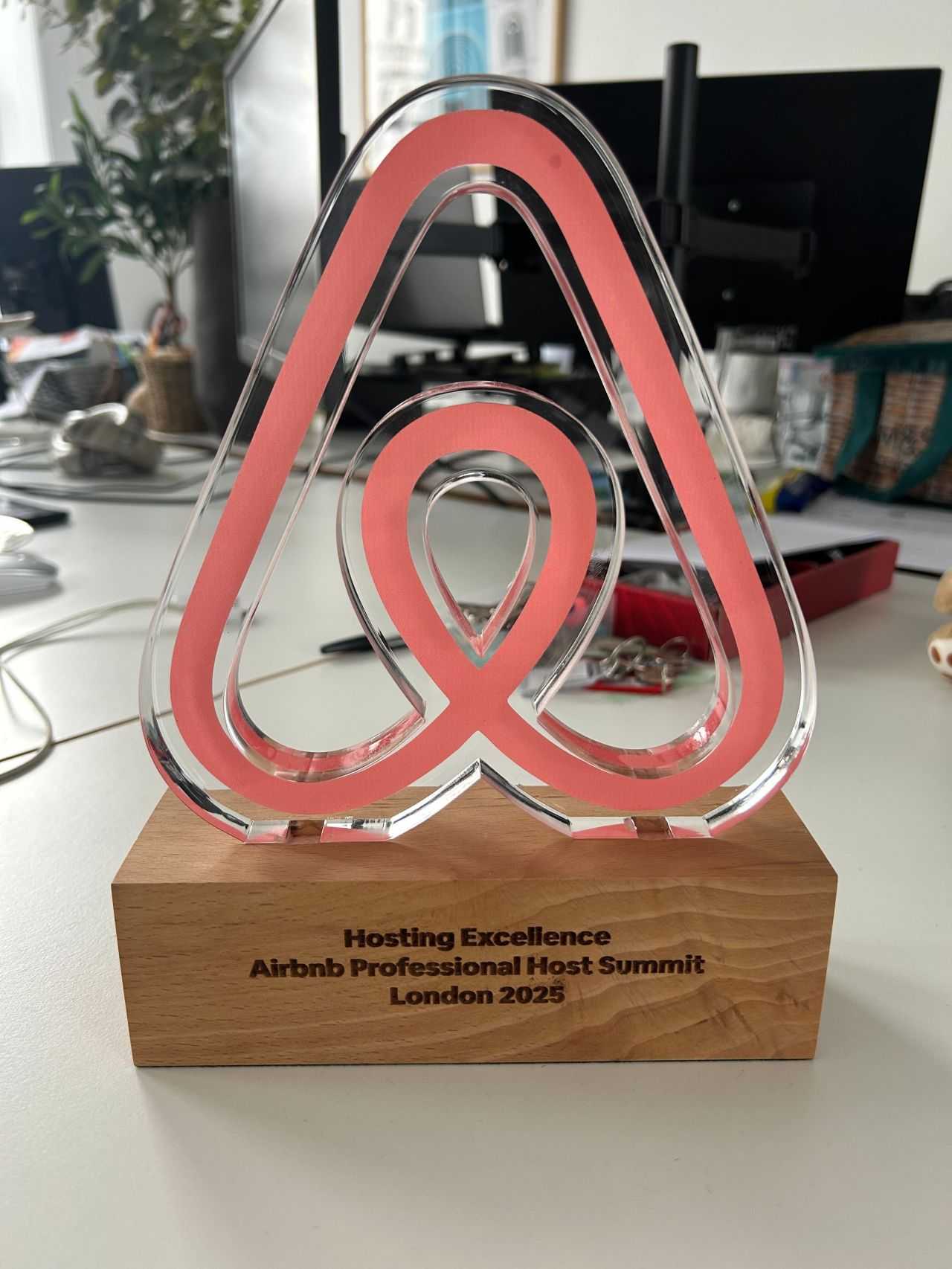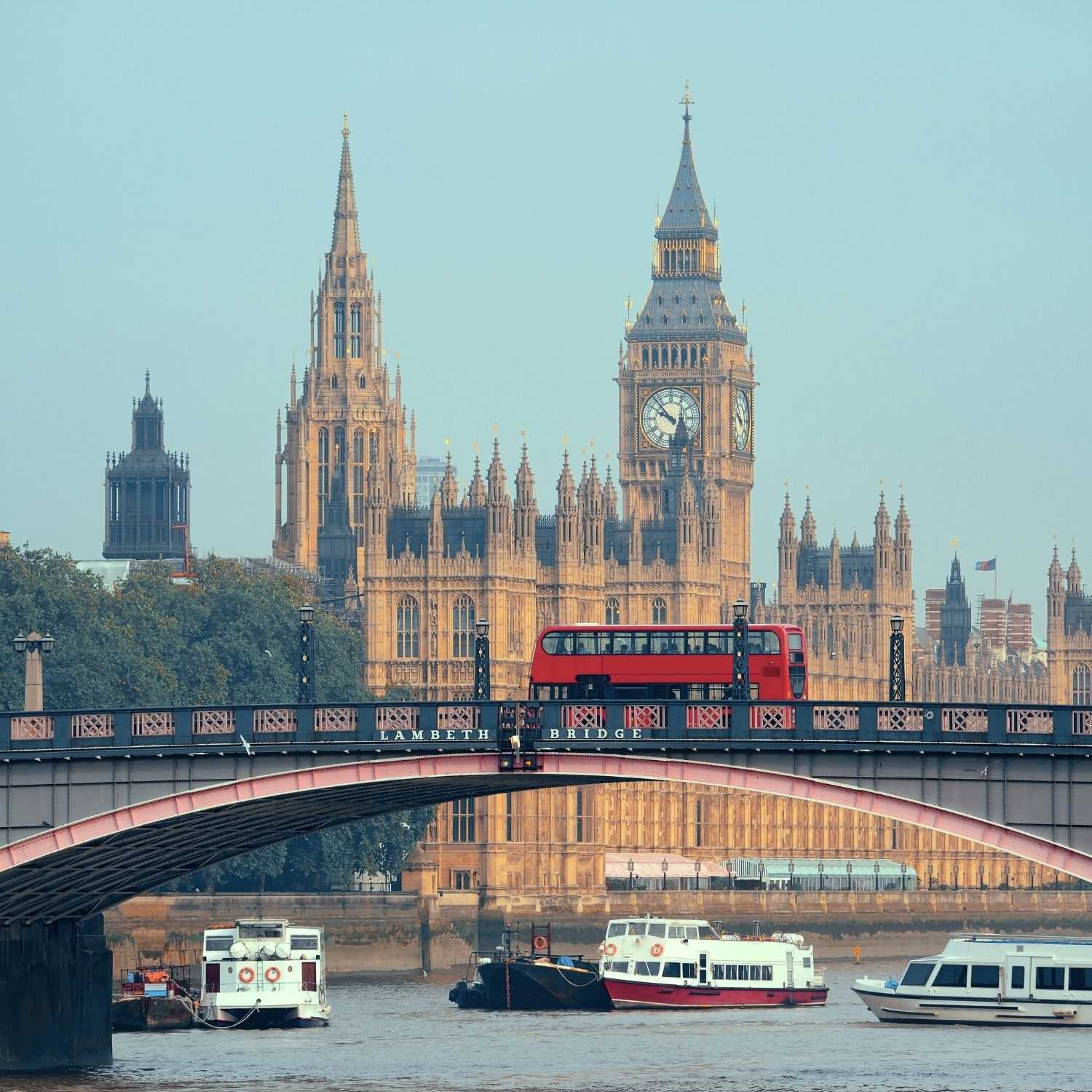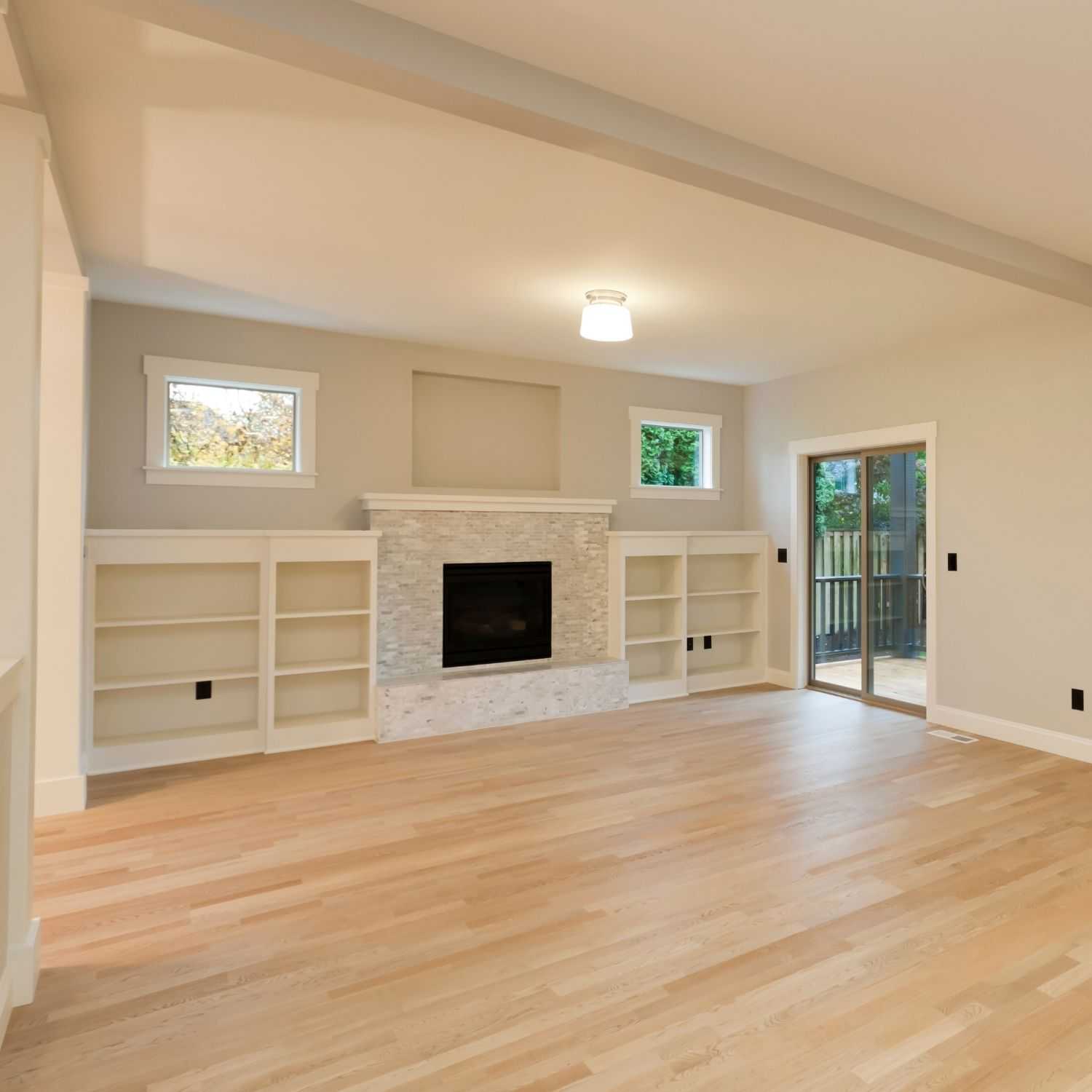Share post:
(Article updated May 2025)
The UK regulations for short let landlords are constantly changing and evolving. In recent years, the private rental sector has seen new regulations and laws passed. Some are still being deliberated, but others have already been implemented.
If you want to protect your short-term rental, it’s important to keep up with the laws shaping the short-term holiday market. By complying with all the regulations for short-term rental properties, you’re not just avoiding penalties and charges. You’re also assuring guests that they will stay in a safe and well-maintained property.
In this article, you’ll get an updated list of UK regulations for short let landlords. From licensing schemes and health and safety regulations to tax obligations and planning permission requirements, use this as your comprehensive guide. Make sure your property stays on the right side of the law so you can maximise its earning potential.
UK Regulations for Short Let Landlords
Recent years have shown higher numbers of short-term accommodations in major cities like London. In 2024, there were 117,000 short-term rentals across the capital. Locals have expressed their concern over housing availability. With 1 in every 32 homes in London offering short-term accommodations and housing supply straining to meet the market demand, long-term rentals have decreased in numbers as a result. This caused accommodation problems among locals, specifically in long-term rental availability, tenant security, etc.
It’s no surprise that the government is keeping an eye on properties that offer short-term accommodations. It seems that local authorities believe that regulating these properties will keep them from aggravating the housing issues in London.
But that’s not all. The UK regulations for short let landlords are also meant to ensure quality short-term accommodation options for guests. Forcing landlords to comply with fire risk assessments, gas safety checks, electrical installation condition reports, etc., would ensure that properties in London are protected, safe and well-maintained.
So, what are the different regulations that short-term landlords should consider?
90-Day Limit in London
All short-term accommodations in Greater London are only allowed to book up to 90 nights a year. Platforms like Airbnb would cap bookings once the property reaches the limit.
If you plan to increase the number of nights you can shortlet your property in a year, you need to apply for planning permission through the local authority. This will be discussed in detail later in this article.
In case you want to keep earning from the property, you have to switch to either mid-term or long-term letting. This means getting longer tenancy periods. It might not have the higher nightly rate of short-term letting, but it gives you a more stable rental income.
Registration and Licensing Schemes
To regulate the rising number of short-term rentals, the UK government introduced a national register for short-term rentals. After a consultation in 2023 showed that the majority supported the mandatory registration scheme, the government started working on the legal framework through the Levelling Up and Regeneration Act 2023.
Why is this registration necessary? The government understands the important role of short-term accommodations in the tourism industry and the economy in general. Registers of short-term rentals are a way to keep them operating without aggravating the issue of housing supply and affordability further. To comply, all landlords offering shortlets should register their property with their local council before getting bookings.
In addition to the registration, licensing schemes are also necessary to operate as a short-term rental. The licensing scheme you need to follow may depend on the location of your property, but the common requirements include health and safety inspections, gas safety certificates, fire risk assessments, details of waste disposal arrangements, etc.
Complying with these licensing schemes will prove that your property won’t harm the surrounding local communities. This is necessary, especially in areas where anti-social behaviour and housing supply issues are prevalent.
Planning Permission and Property Use Classification
With the growing types of short-term lets in London, the local authorities have taken steps to ensure the use of the property is classified accordingly. This is part of the effort to control and regulate this growing sector.
A planning permission is required to change the use classification of a property if:
- It’s shortlet for more than 90 nights a year in London
- It’s not used as a primary residence
- It’s managed along with other properties as a holiday or corporate let
Failing to change the classification of the property would lead to fines and penalties. You could also lose your license to operate the property as a short-term rental.
Short-term Rental Health and Safety Regulations
It’s the landlord’s responsibility to ensure the safety of every guest staying in the property. Complying with health and safety regulations will make this possible. It’s a non-negotiable for most local councils, so it’s better to just comply to protect the property and guests.
Here are the important UK regulations for short let landlords to comply with.
Gas Safety Check
The annual gas safety check is necessary for all gas appliances and equipment. It has to be inspected every year by a Gas Safe registered engineer. This is a legal requirement that will ensure no gas leak will endanger guests and surrounding properties.
Fire Risk Assessment
The Fire Safety Order requires landlords to provide smoke alarms on every floor and carbon monoxide detectors where gas appliances or equipment are present. Apart from that, a full fire risk assessment should be done at least every four years or before a long-term tenant is scheduled to move in.
Fire extinguishers and fire blankets are also part of the requirements and should be present in fire-risk areas like kitchens.
Electrical Installation Condition Report
Also referred to as the EICR, this is a requirement for all properties, not just shortlets. It should be carried out by a qualified electrician at least every five years. Local authorities strictly implement this as several fire incidents are caused by electrical fires. Some would even require shortlets to conduct more frequent testing.
Energy Performance Certificate
The Energy Performance Certificate or EPC rates a property’s use of energy. The rating is between A (best) to G (worst). This certificate is valid for 10 years and shows information about how much energy the property consumes and steps to make it more energy efficient, if needed.
As of 2018, the minimum EPC rating is E for new properties or tenancy agreements. In 2020, all existing tenancies needed to meet the EPC rating E. This rating will rise to C before 2028 (new tenancies) and 2030 (existing tenancies).
Meeting the EPC rating is not just for compliance’s sake. It’s also beneficial to keep energy bills low.
Tax Considerations for Short Let Landlords in London
Significant tax changes have taken effect, and short-let landlords should stay updated to ensure they stay compliant with their financial obligations.
To start, the Rent A Room scheme is still on. This means homeowners are exempt from paying taxes as long as they only earn £7,500 a year and they’re not letting the whole property.
All rental income is now considered as regular property income, so it would also be taxed in the same way.
The Furnished Holiday Lettings (FHL) tax regime ended last 5 April 2025, which means FHL properties can no longer enjoy income tax and capital gains tax benefits (corporation tax benefits ended on 1 April 2025). The capital gains tax rate for the sale of a residential property also went down from 28% to 24%.
Landlords are also required to keep a detailed record and file of their Self-Assessment tax return, as long as their earnings exceed allowances.
Make sure you check with a tax advisor to ensure you’re paying the right tax obligations, especially when you’re managing multiple shortlets or if you partner with a property management company.
Common Questions from Short-Let Landlords
Here are answers to the common questions asked by shortlet landlords in London.
Do I need planning permission for my short-term rental?
This is only required if you plan to shortlet your property for more than 90 nights a year. You have to change the use classification of the property, especially if the property is not your main residence and you’re renting out the whole unit.
Always check with the local authority to ensure your property is completely compliant with the shortlet rules.
Do you need to pay business rates?
Your shortlet property will be considered a self-catering property and asked to pay business rates instead of council tax if:
- It’s available for 140 nights or more.
- It’s rented out for at least 70 nights.
Some thresholds vary depending on the location, so make sure you check with the local council. For instance, if you only rent out one property in England with a value that’s less than £15,000, you might be eligible to apply for small business rate relief.
What happens if I don’t register my property?
Failure to register your property before the deadline could lead to fines and penalties. It could also ban your property from being used as a short-term rental. Check with the local council to see how you can register your property to protect its ability to earn rental income.
How do I prove compliance with all the safety regulations?
It’s the landlord’s responsibility to maintain documentation of all safety regulations. Keep a copy of the latest gas safety check, fire risk assessment, electrical installation condition report, energy performance certificate, etc.
Make sure a copy is also given to tenants or made available in the property so it’s visible among guests.
Can I still use Airbnb?
Yes, you can use Airbnb to manage your short-term rental. However, it’s important to comply with both local and Airbnb rules and regulations to keep operating your shortlet property. Local laws trump Airbnb (or other online letting platforms), so make sure you know what compliance measures should be prioritised.
Is there an easier way to manage my short-let?
It’s a common practice in London to work with a property management company like City Relay. This makes the hosting experience easier since you benefit from operations expertise and adequate manpower to deal with guest services, housekeeping and maintenance.
With property experts focused on managing the property, you can focus on maximising the rental income and occupancy rates.
Stay Compliant and Profitable
The growing number of short-term rentals has negatively affected long-term housing availability, and it has increased anti-social behaviour complaints. The purpose of UK regulations for short let landlords is to strike a balance between protecting local communities while supporting the tourism industry. The current list of rules is focused on safety, community protection and responsible property letting strategies.
Steps like registering short-term rentals and stricter licensing schemes allow local authorities to ensure that shortlets won’t compromise the community’s stability. Landlords are expected to comply with these regulations to avoid getting penalised or having their license to shortlet revoked.
Although all these rules and regulations seem confusing, partnering with property management companies like City Relay can help. They offer services that make compliance easier. Don’t let regulations slow you down and compromise your property’s ability to earn in London.
Use City Relay’s rent estimation tool to find out how much your property can earn as a short-term rental.












